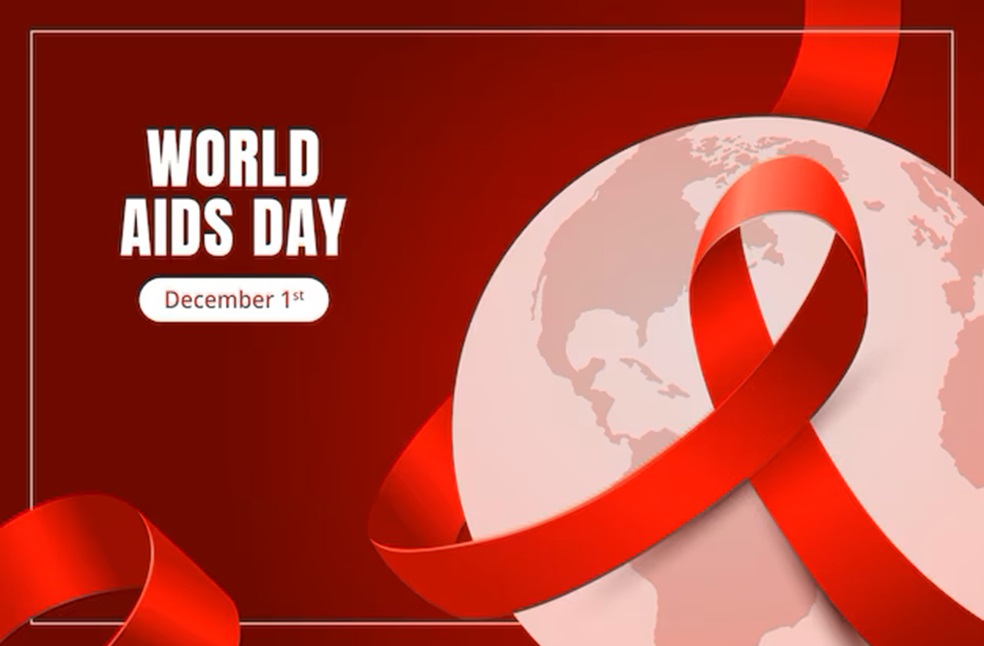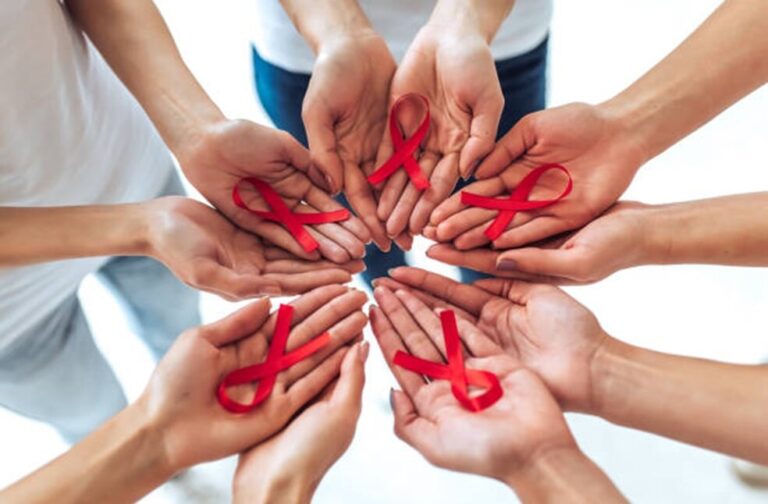Geneva: On World AIDS Day, the World Health Organization (WHO) Regional Director for Southeast Asia, Saima Wazed, has emphasised the urgent need for global commitment to combat HIV/AIDS, calling on leaders and citizens to address the inequalities that continue to hinder progress in the fight against the disease.
Under this year’s theme, “Take the Rights Path,” Wazed stressed the importance of ensuring that people living with HIV have access to essential healthcare free from stigma and discrimination.
“A rights-based approach is not just a strategy; it is a commitment to upholding the dignity and health of every individual, especially those most vulnerable and at-risk. We must confront the stigma and discrimination that hinder access to prevention, treatment, and care,” Wazed said in a statement.
In the WHO South-East Asia Region, approximately 3.9 million people are living with HIV, accounting for 10 percent of the global burden.
Health is a human right ❤️
On #WorldAIDSDay, let’s ensure HIV prevention, treatment, & care are accessible to ALL — without stigma or discrimination.
Everyone deserves quality healthcare, no matter their status, gender, or where they live.#EndAIDS: https://t.co/x6Cj3taEX9 pic.twitter.com/GA9GRIaAVl
— World Health Organization (WHO) (@WHO) December 1, 2024
The WHO also highlighted the particular challenges faced by children and adolescents living with HIV. Around 80,000 children and adolescents in the region are living with the virus, primarily due to mother-to-child transmission. WHO’s ‘triple elimination’ initiative, targeting the elimination of HIV, syphilis, and hepatitis B transmission from mother to child, has already seen success in countries like the Maldives, Sri Lanka, and Thailand.
Technological innovations have played a key role in improving access to HIV care. WHO noted the potential of mobile health apps, online counselling, and virtual support groups, which help bridge gaps in healthcare access for hard-to-reach populations.
Additionally, biomedical tools like pre-exposure prophylaxis (PrEP), post-exposure prophylaxis (PEP), and long-acting antiretroviral treatments are essential in reducing HIV transmission and supporting the regional response to the epidemic.

The WHO Southeast Asia Region remains focused on achieving the ‘95-95-95’ goals: diagnosing 95 percent of people living with HIV, ensuring 95 percent of those diagnosed receive treatment, and ensuring 95 percent of those on treatment achieve viral suppression.
On World AIDS Day 2024, WHO reaffirmed its commitment to ensuring that every person living with HIV has access to the care and support they need to lead a healthy life.



